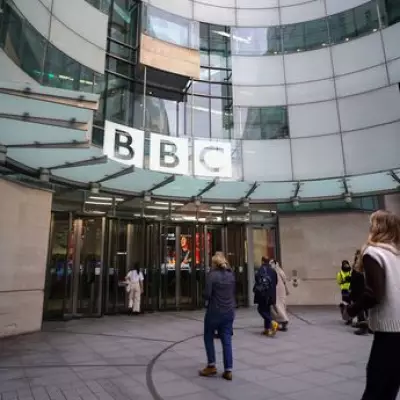
Millions of British workers are facing a significant financial blow as frozen income tax thresholds threaten to push them into higher tax brackets without any official rate increases. This stealth tax strategy, implemented by HMRC, could see average earners paying hundreds of pounds more in tax each year.
The Silent Tax Raid
While the government hasn't officially raised income tax rates, the decision to freeze tax thresholds until 2028 is creating a hidden tax increase for workers across the country. As wages gradually increase to combat inflation, more people are being pulled into higher tax brackets through a process known as 'fiscal drag'.
How Fiscal Drag Impacts Your Wallet
The mechanism is simple but costly: when tax thresholds remain static while salaries rise, a larger portion of your income becomes subject to higher tax rates. This means that even if you receive a pay rise, you could end up with less disposable income than expected.
Who's Most Affected?
- Basic rate taxpayers: Those earning just above the personal allowance threshold
- Middle earners: Workers approaching the higher rate threshold
- Public sector workers: Despite recent pay settlements, many will see benefits eroded by tax changes
The Numbers Behind the Squeeze
Analysis reveals that an average earner could see their tax bill increase by several hundred pounds annually. The personal allowance remains frozen at £12,570, while the higher rate threshold stays at £50,270. With wage growth continuing, millions more taxpayers will cross these thresholds in the coming years.
Long-term Financial Implications
Financial experts warn that this stealth tax approach could have lasting consequences for household finances. The combination of frozen thresholds and ongoing cost of living pressures creates a perfect storm for working families already struggling with rising bills and mortgage costs.
The situation highlights the delicate balance between government revenue needs and protecting taxpayers during economically challenging times. As the 2028 threshold freeze deadline approaches, many are calling for a review of this policy to prevent further financial strain on UK workers.





